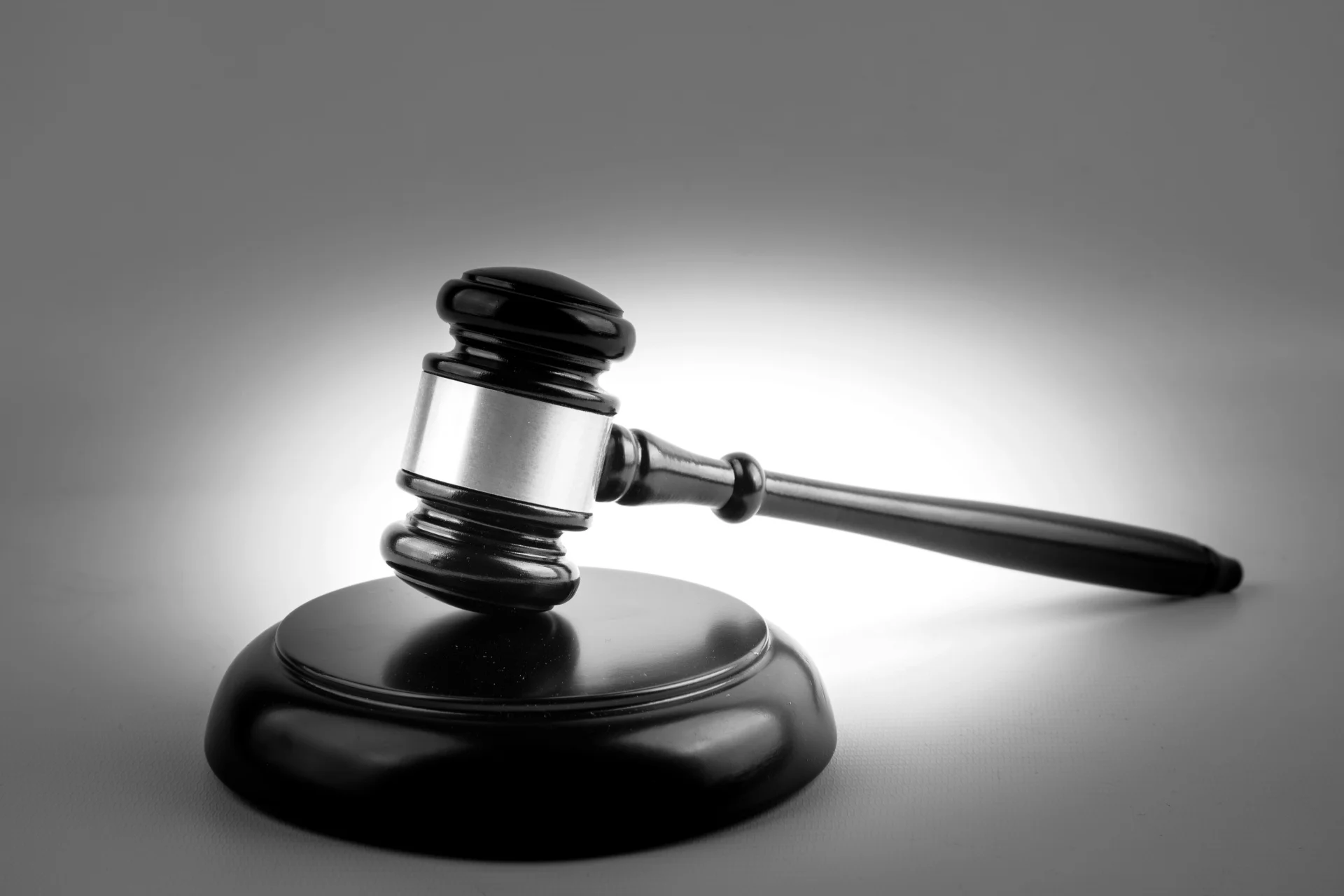A former analyst sued ESPN for “permitting a hostile workplace” and retaliation. ESPN said it is protected by Connecticut’s anti-SLAPP statute, but the plaintiff argued that the law is not applicable in federal court. Additionally, the plaintiff argued that ESPN was not acting as a media company in the matter, and thus should not be afforded free speech protection.
Read MoreA Superior Court judge refused to use the DC anti-SLAPP statute to stop an arbitration, nothing that the dispute was subject to Delaware law (pursuant to a choice-of-law provision in the arbitration agreement) and Delaware’s much narrower anti-SLAPP statute did not reach the conduct at issue.
Read MoreAttorneys representing investors in a basketball league filed an anti-SLAPP motion in a defamation case that the league, O’shea Jackson (aka Ice Cube) and Jeff Kwatinetz brought against the investors.
Read MoreThe Russian whistleblower who revealed a widespread system of doping in the country is seeking to dismiss a lawsuit filed against him by Brooklyn Nets owner Mikhail Prokhorov and three Russian biathletes. The whistleblower filed a countersuit under New York’s anti-SLAPP law.
Read MoreA developer sued a South Carolina town in 2016 over a zoning issue, and a few residents who had spoken critically about the development were subpoenaed for their comments on the matter. “The subpoenas demanded residents' communications, including Facebook and Twitter posts, to or from other residents of Simmons Pointe, the homeowners association, the town, elected officials, appointed members of the Board of Zoning Appeals and others.” Though the lawsuit settled, Mount Pleasant Town Council urged state lawmakers to pass the Citizens Participation in Government Act of 2018.
Read MoreA Nashville orthodontics startup filed suit against Gizmodo Media Group and the author of a story criticizing its product.
Read MoreA New Hampshire state court dismissed a defamation suit filed by a patent owner unhappy that it had been called a “patent troll.” The court ruled that the phrase “patent troll” and other rhetorical characterizations are not the type of factual statements that can be the basis of a defamation claim.
Read MoreA former town councilor sued The Eagle-Tribune and its sister newspaper the Derry News over a July 2017 story, claiming the newspaper defamed him by portraying him as a liar out for "pecuniary gain and greed.”
Read MoreAttorneys presented arguments at the Wyoming Supreme Court in a defamation case between the former state superintendent of public instruction and a state lawmaker who ran unsuccessfully for U.S. Congress.
Read MoreThe Tenth Circuit denied the ability to use New Mexico's anti-SLAPP statute in federal court in diversity cases. This means that New Mexico speakers facing SLAPP suits may only benefit from the protection of the state’s anti-SLAPP law if the people trying to sue them are local to New Mexico.
Read MoreA man who was in the business of buying and selling cars had difficulty getting the title to a vehicle he purchased in Louisiana, so he hired an Austin, Texas law firm to help. The law firm ultimately sued him over an online review he posted about the company.
Read MoreThe majority owner of Phoenix's Chinese Cultural Center announced plans to get rid of the building's Chinese architecture. Community groups protested the move, and then took the company to court. One of the tenants filed a defamation lawsuit against the company, and the company filed a defamation suit against the tenant. Lawyers for the tenant called the latter suit a SLAPP suit.
Read MoreA federal judge in Hawaii refused to dismiss a producer’s libel lawsuit against a woman who accused him of rape. However, the judge agreed that the case should be governed by the California anti-SLAPP statute, though the producer’s attorneys had argued that the case should be governed by Hawaii’s anti-SLAPP law.
Read MoreLawrence M. Farnese Jr., a Democratic member of the Pennsylvania Senate and sponsor of legislation (Senate Bill 95) that would strengthen PA’s anti-SLAPP law, called for support in moving the bill forward in a piece for the Philadelphia Inquirer.
Read MoreRick Blum, Policy Director of the Reporters Committee for Freedom of the Press, writes about President Trump's recent legal threats against the author and publisher of "Fire and Fury" to illustrate the need for stronger legal protections for journalists' reporting and other protected speech.
Read more here.
Read More













